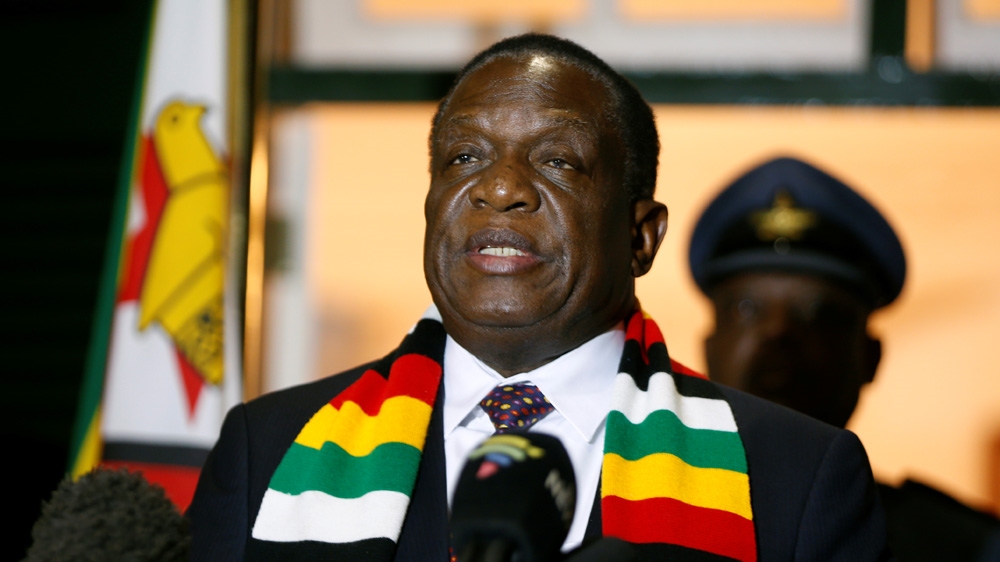Resilience earns private sector kudos
Zimbabwe’s private sector has received plaudits for demonstrating unfettered resilience in the face of the ravaging impact of Covid-19 and lockdown measures instituted by the Government to contain the pandemic.
Since the beginning of 2019, economies across the world have been ravaged by Covid-19, leaving a trail of economic decline.
Some countries had to be bailed out by global lenders, while Zimbabwe was left to fend for itself.
According to the World Bank, the Sub-Saharan Africa’s recovery, in which Zimbabwe is part of, is expected to remain fragile given the slow pace of vaccination and delays to major investments in infrastructure and the extractives sector.
Zimbabwe has, however, had a different experience amid increased manufacturing sector capacity utilisation from 47 percent in 2020 to 54 percent in the second quarter of 2021.
The performance of the local economy and the private sector has not gone unnoticed with President Mnangagwa commending its resilience.
“By adopting the local content strategy and adapting to the various policy measures you deserve due commendation,” President Mnangagwa said while officially opening the 2021 61st edition for the Zimbabwe International Trade Fair (ZITF), which was running under the theme Showcasing the New Normal for Business and Industry: Realities and
Opportunities’.
Due to collective efforts of the central Government and the private sector, Zimbabwe’s economic growth projections for 2021 would surpass earlier economic targets, President said.
The country’s GDP growth projections were, in the Mid-Term Budget Review, revised upwards to 7,8 percent from an earlier projection of 7,4 percent, which the Treasury announced in November last year.
“The success milestones demonstrate the convergence of the positive national sentiments and unity of purpose between the private sector, government and all people of our great country,” said President Mnangagwa.
He added that the advent of the Covid-19 pandemic had necessitated the need to reconfigure economies through innovation and building resilience.
The domestic industry was implored to adapt smarter, sustainable and digitally enabled models.
ZITF delegates familiarising themselves with PSMAS products and services that were being showcased throughout the trade fair.
President Mnangagwa promised that his Government would continue to maintain a predictable policy environment where “capital feels safe.”
“Furthermore private sector led initiatives will be facilitated to bolster the achievements made to date towards the realisation of aspirations envisaged in the National Development Strategy 1, African Union Agenda 2063, and United Nations Sustainable goals for the ultimate improved quality of lives of our people.”
He added that the Government was committed to implement policies to project Zimbabwe as an attractive investment destination.
The President pointed to the budget surplus and contained inflation as a demonstration of fiscal discipline in Government and the economy at large.
In the First Republic Government was known to live beyond its means running perennial budget deficits a practice, which has since become a thing of the past.
The President suggested that the country’s foreign currency earnings, which reached US$5 billion earlier this year attested to the fact that the Zimbabwe economy had attained a growth rate that was unimaginable during Covid-19 pandemic.
“Rest assured that support to enhance increased capacity for local production across the various sectors of the economy, will continue to be prioritised by my administration.”
“This shows that our businesses and industries are adapting to the new realities and opportunities by developing an export industry, augmenting export volumes and exploiting overseas markets as well as through improving the quality of domestic products.
He said efforts to transform the economy from an exporter of primary products to high nods of industrial production were underway.
The President directed Government departments to facilitate speed procurement of capital equipment needed by the private sector.
“To this end the private sector is challenged to create synergies and collaborations with promising start-ups at our institutions of higher and tertiary education.”
Eleven countries and 396 local companies participated at the Fair.-eBusiness Weekly










